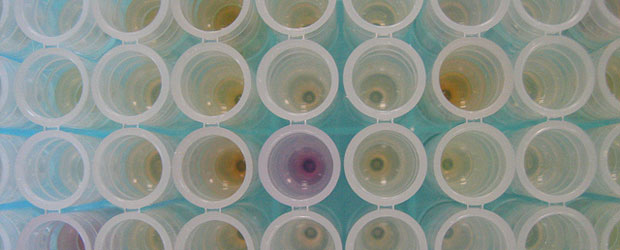"biological commons" entries

Avoiding the tragedy of the anticommons
We're at the start of a revolution in biology, and it's time for a biological commons.
Editor’s note: this post originally appeared in BioCoder Fall 2014; it is published here with permission. Download a free copy of the new issue here.
A few months ago, I singled out an article in BioCoder about the appearance of open source biology. In his white paper for the Bio-Commons, Rüdiger Trojok writes about a significantly more ambitious vision for open biology: a bio-commons that holds biological intellectual property in trust for the good of all. He also articulates the tragedy of the anticommons, the nightmarish opposite of a bio-commons in which progress is difficult or impossible because “ambiguous and competing intellectual property claims…deter sharing and weaken investment incentives.” Each individual piece of intellectual property is carefully groomed and preserved, but it’s impossible to combine the elements; it’s like a jigsaw puzzle, in which every piece is locked in a separate safe.
We’ve certainly seen the anticommons in computing. Patent trolls are a significant disincentive to innovation; regardless of how weak the patent claim may be, most start-ups just don’t have the money to defend. Could biotechnology head in this direction, too? In the U.S., the Supreme Court has ruled that human genes cannot be patented. But that ruling doesn’t apply to genes from other organisms, and arguably doesn’t apply to modifications of human genes. (I don’t know the status of genetic patents in other countries.) The patentability of biological “inventions” has the potential to make it more difficult to do cutting-edge research in areas like synthetic biology and pharmaceuticals (Trojok points specifically to antibiotics, where research is particularly stagnant). Read more…
